Scientists have discovered a new disease in seabirds that eat plastic.
Every day, around 8 million pieces of plastic spew into the world’s oceans. Much of it ends up in the guts of seabirds.
These birds have scarred digestive tracts – a phenomenon that scientists at the Natural History Museum in London have named ‘plasticosis’.
This plastic induced illness has major knock-on impacts on growth and survival, warns Dr Alex Bond, co-author of a study into the pollution.
“While these birds can look healthy on the outside, they’re not doing well on the inside,” he says.
“This study is the first time that stomach tissue has been investigated in this way and shows that plastic consumption can cause serious damage to these birds’ digestive system.”
How bad is plastic pollution?
Humans have covered the entire planet with damaging plastic debris, which takes millions of years to decompose.
Of the 10 billion tonnes of plastic that have ever been created, around 6 billion sit in landfill sites or pollute the environment.
More than 90 per cent of the world’s seabirds have plastic in their guts.

What is plasticosis?
In collaboration with other researchers, the Natural History Museum researchers studied flesh-footed shearwater birds from Australia’s Lord Howe Island.
The island is 600 kilometres off the coast of Australia. Birds of all ages were found to have scarred digestive tracts from ingesting plastic.
The researchers named the fibrotic disease – which can damage the tubular glands in the first part of the bird’s stomach, inhibiting its ability to digest food – plasticosis.
“So far, plasticosis is only known to affect the digestive system, but there are suggestions it could potentially be affecting other parts of the body, such as the lungs,” the researchers warn.
“Further, the ingestion of plastic has far-reaching and severe consequences, many of which we are only just beginning to fully document and understand.”
What can we do about plastic waste?
Recycling can help mitigate some of the worst effects of plastics. Yet a 2022 report by the Organisation for Economic Co-operation and Development (OECD) found that just nine per cent of plastic is successfully recycled.
The best option for individuals is to avoid using plastic altogether, where possible. This means no plastic water bottles, and opting for reusable containers.
Governments have a major role to play in this transition. The EU has banned single-use plastic plates, cutlery, straws, balloon sticks and cotton buds, for example.
Last year, 175 nations agreed to forge a legally binding agreement to end plastic pollution by 2024. This will address the full lifecycle of plastic, including its production, design and disposal.
Source : Euro News

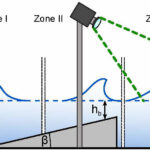

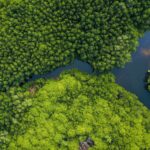
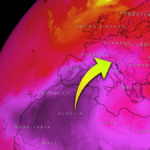

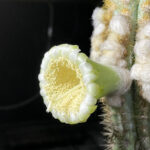
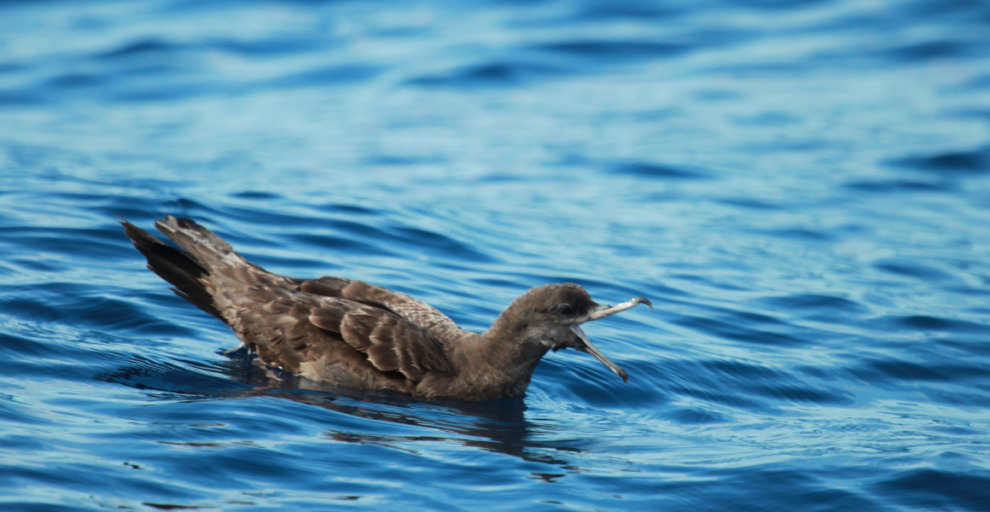



Add Comment